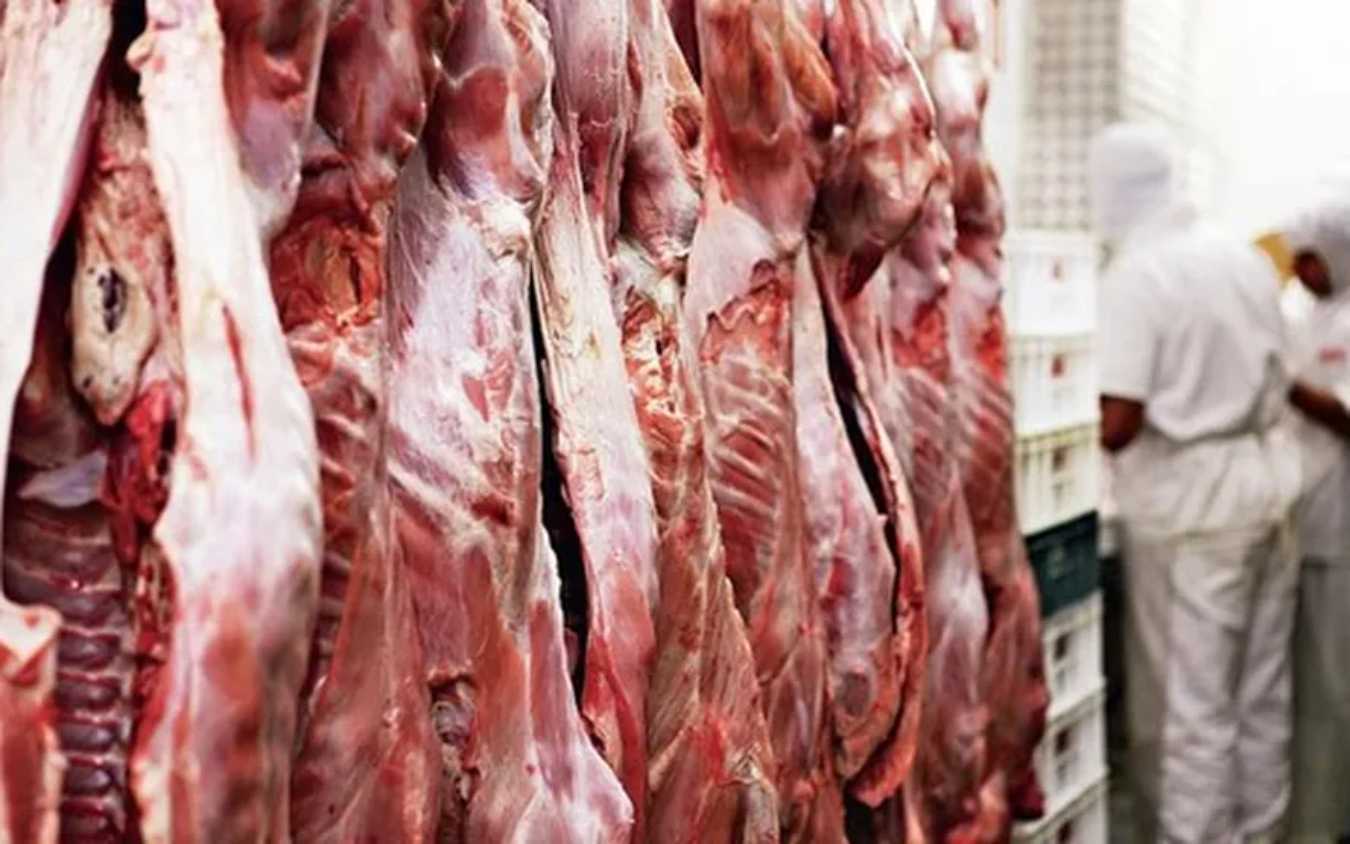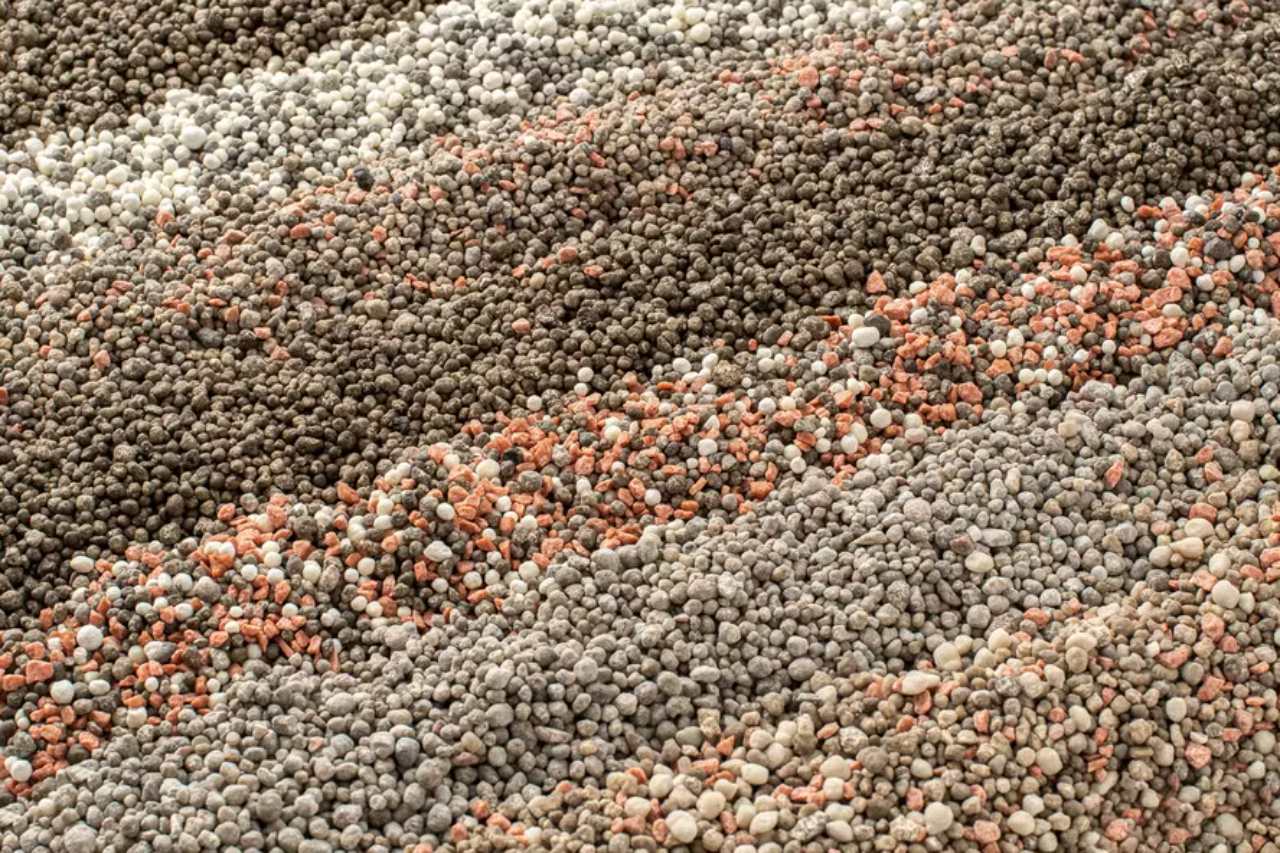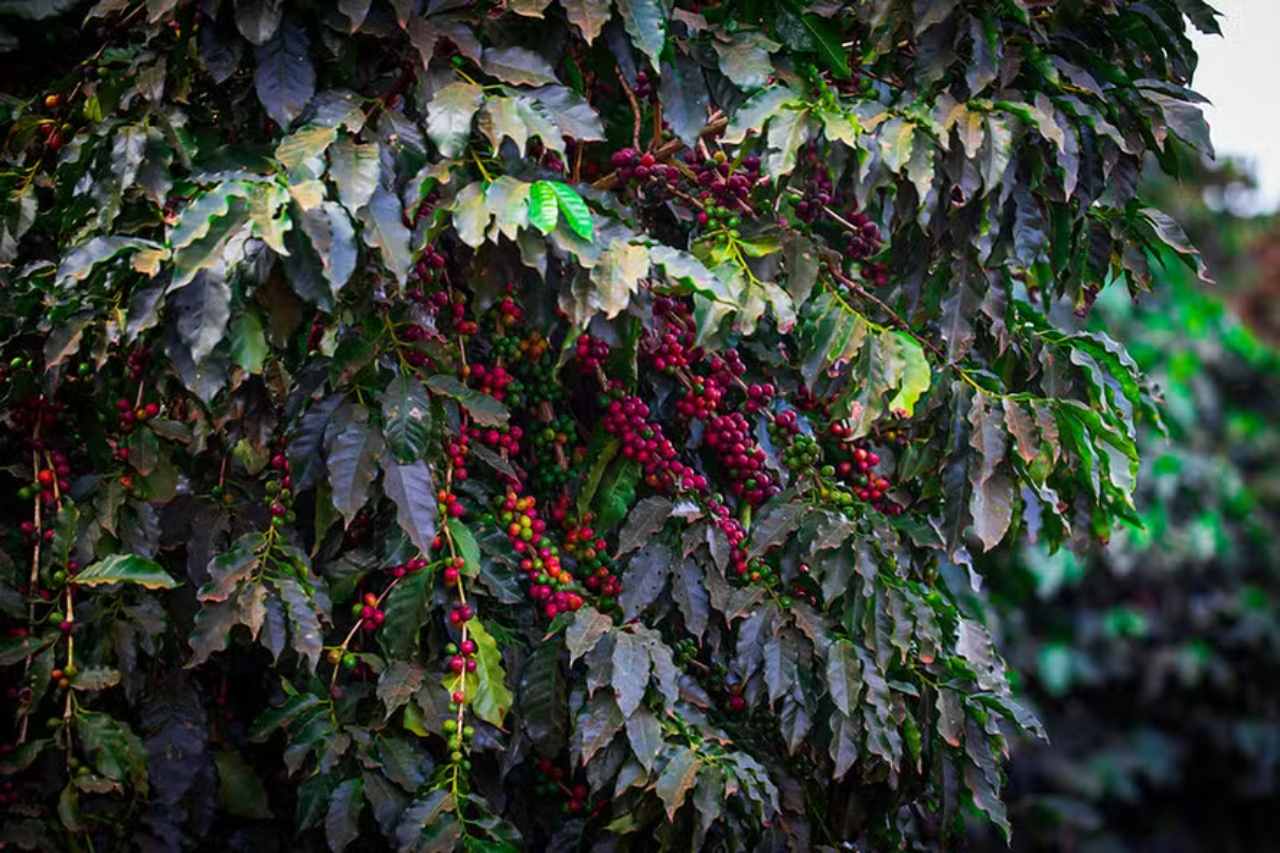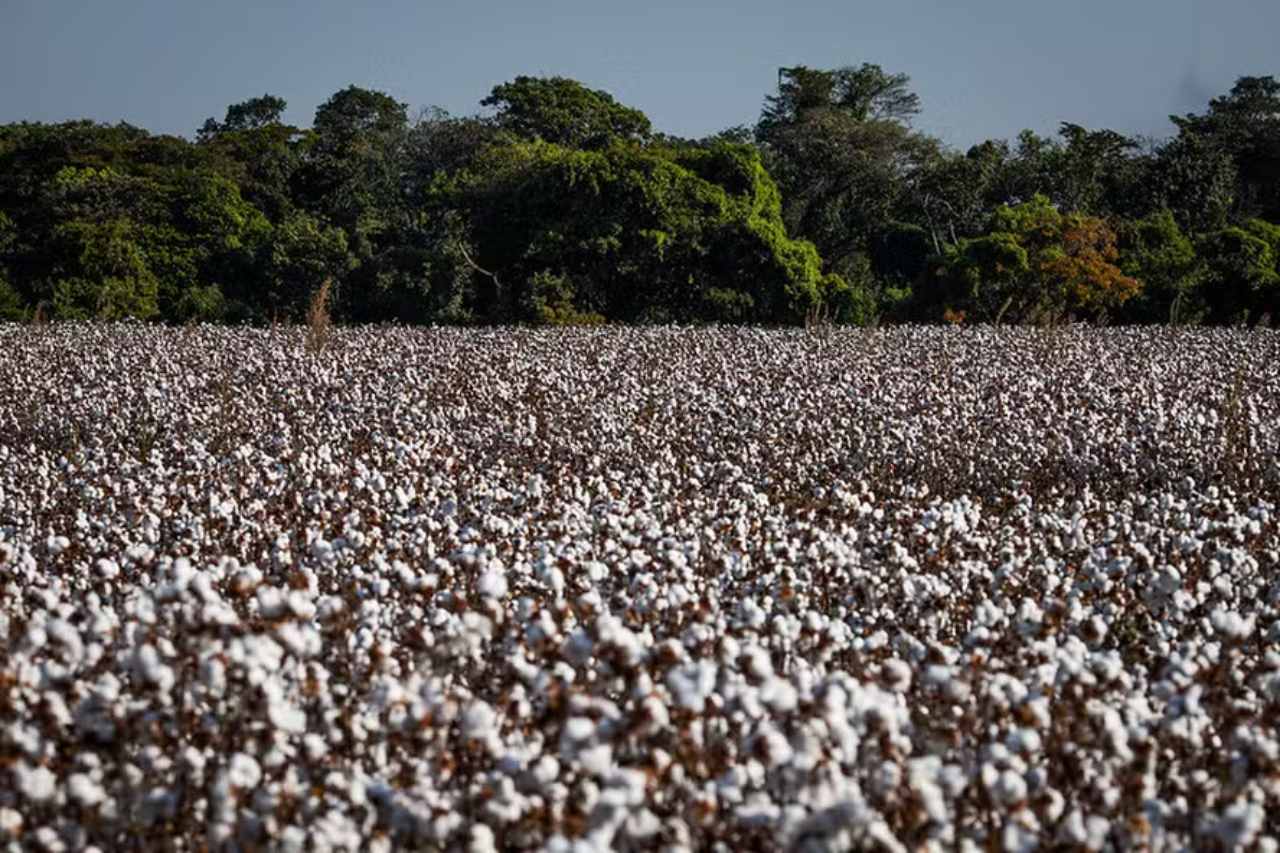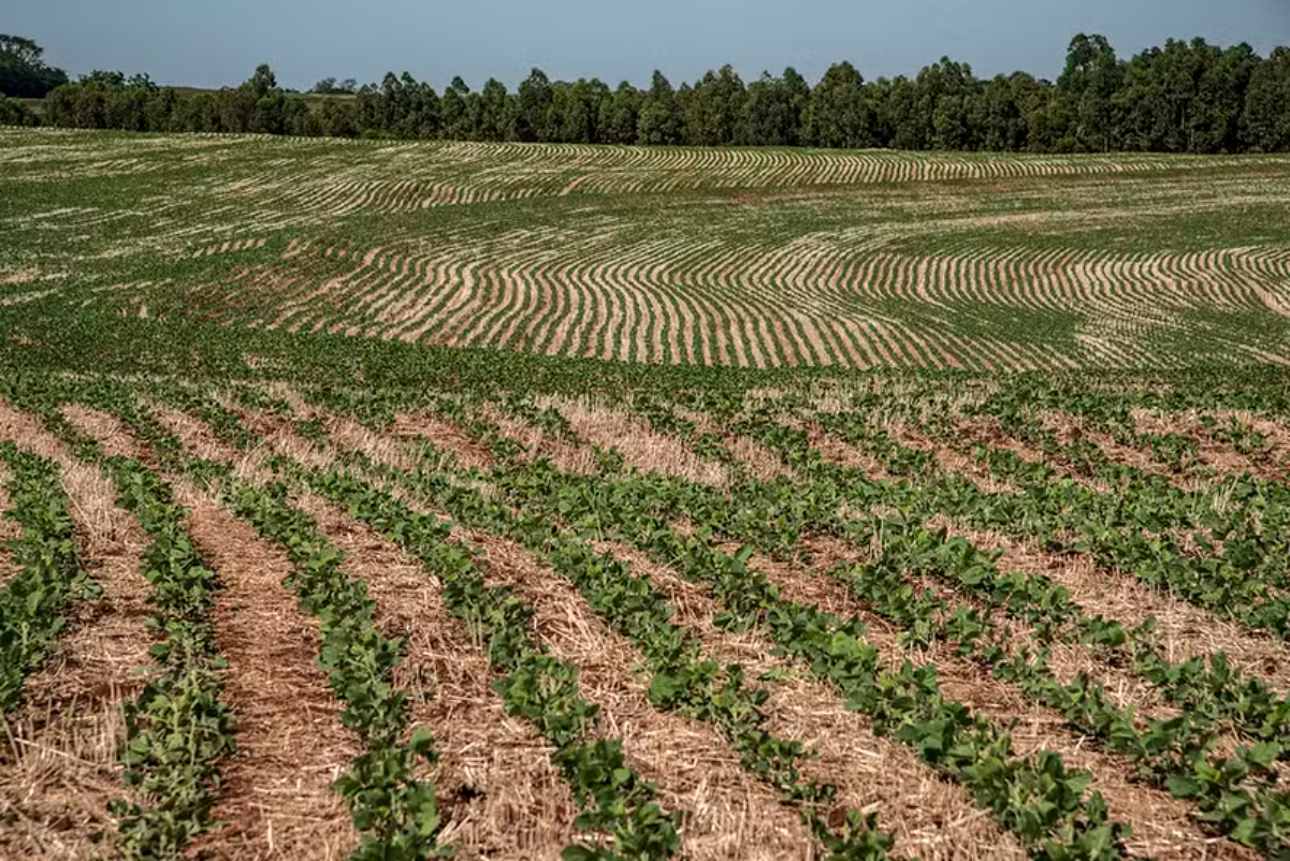Exemption Covers 20,000 Tons of Meat and Offal Quotas, Aiming to Strengthen Trade Relations Between the Countries
In an official decision formalized through an official letter, the Moroccan government has announced the granting of a quota of 20,000 tons for the import of beef, sheep, goat, and camel meat from Brazil, with full exemption from import value-added tax (VAT). The announcement was made by Morocco’s Ministries of Economy and Finance, Agriculture, and Industry and Trade as part of a strategy to boost the local agricultural sector and ensure food supply in the country.
According to the Brazilian Ministry of Agriculture, the achievement of this tax-exempt quota is a direct result of the official Brazilian mission held in April this year, led by Julio Ramos, Deputy Secretary for Trade and International Relations at the Ministry of Agriculture.
During the mission, the Brazilian delegation, with the support of the Ministry of Foreign Affairs and participation from Brazil’s Ambassador to Morocco, Alexandre Parola, and agricultural attaché Ellen Laurindo, advanced discussions on market access and Morocco’s high import tariffs, which reach 200% for frozen beef and 100% for fresh chicken meat.
The Moroccan official letter emphasizes that the 20,000-ton exemption aims to facilitate the entry of Brazilian products into the Moroccan market, thereby strengthening trade relations between the two nations.
The document also highlights the importance of such agreements to maintain food supply balance and ensure more affordable prices for local consumers.
Live Animals
In addition to the exemption on meat and offal, the regulation provides for the import of up to 120,000 cattle and 100,000 sheep with VAT exemption, further facilitating trade between the countries. However, parafiscal taxes will still apply to importers.
Morocco is among 60 countries that have opened their markets to Brazilian agricultural products over the past 22 months. In 2023, Morocco was the fourth-largest destination for Brazilian exports to Africa, totaling USD 1.23 billion, with bilateral trade between the two countries reaching USD 2.65 billion.

